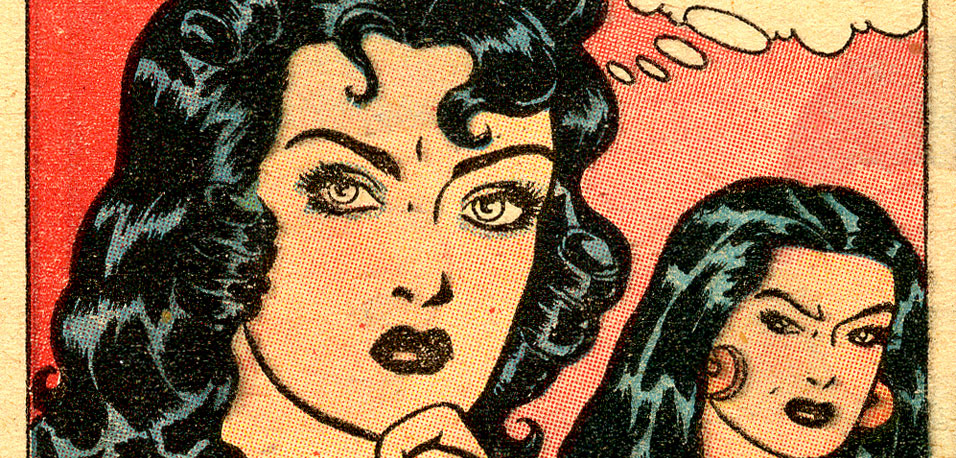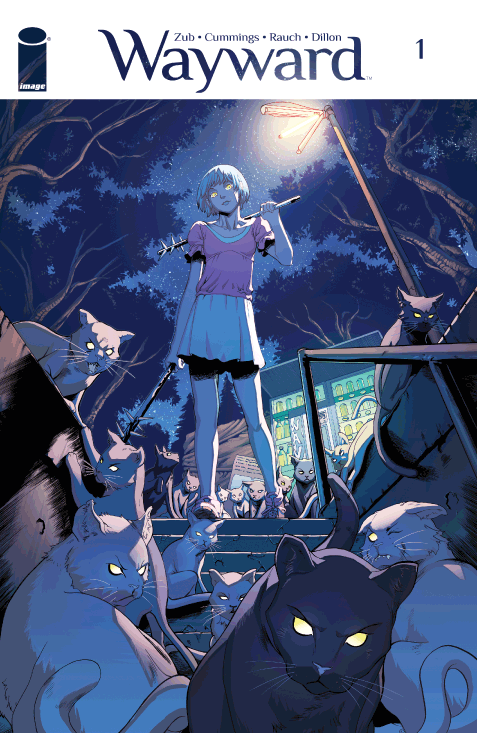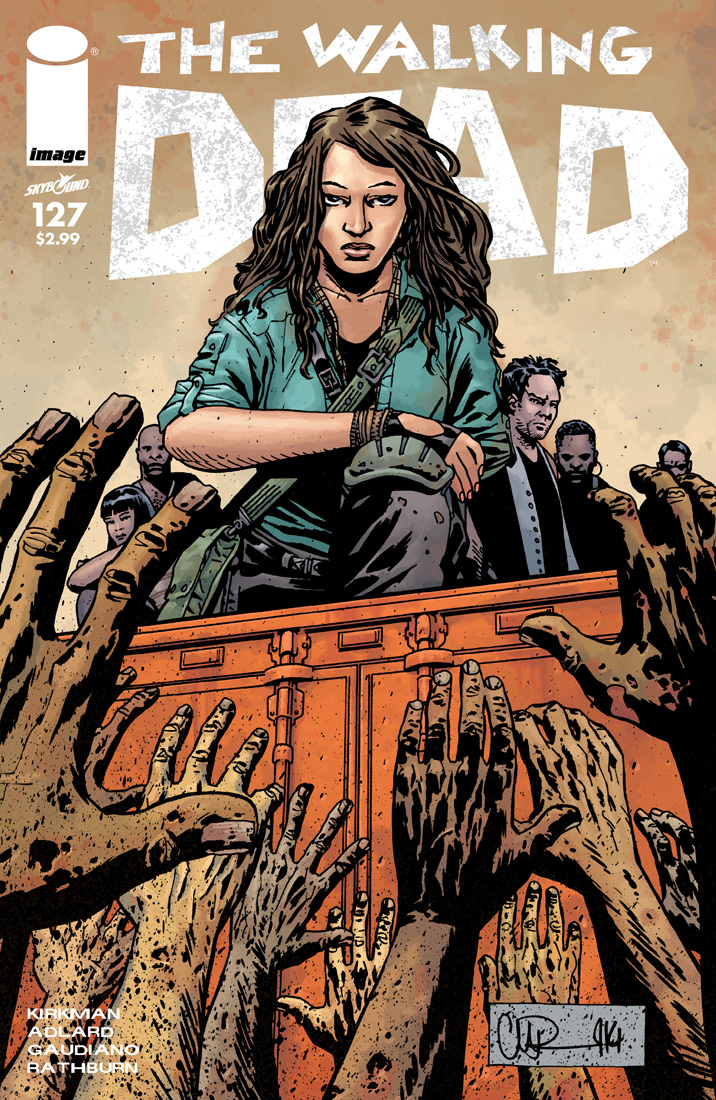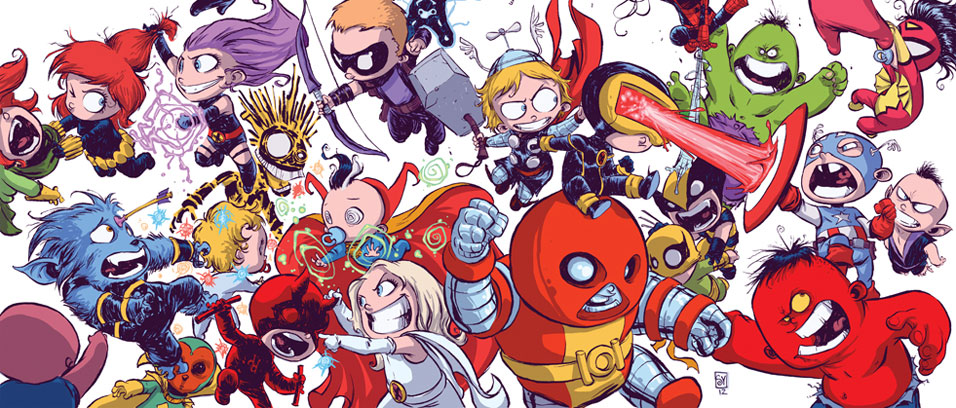The Oscars continue to struggle with diversity
For the past two years the Academy of Motion Picture Arts and Sciences have decided that the 40 best acting performances were by white people.
In the past four years only five out of 80 acting award nominations were for non-white actors and actresses.
The AMPAS has a serious problem.
For the second year in a row they have faced a backlash after revealing the nominations, summed up by the hashtag #OscarsSoWhite. The issue is more wide-spread than just the acting categories, with the sole nominations for Creed and Straight Outta Compton going to white people. Just look the response from Charlotte Rampling, nominee for Best Actress for the film 45 Years, when asked about the call for more diversity. Her response was that the proposed boycott is “racist against white people”. More personally distressing was Michael Caine’s reaction to #OscarsSoWhite, where he trivializes the struggle for diverse representation by telling black actors to “be patient”.
Normally it would be easy to shrug off these statements as just two old, white actors stating their out-of-touch and uninformed opinions. Except there are a couple of problems with that. First-of-all, when it comes to Academy members, their demographic is the norm, not an outlier. The AMPAS is almost 94% Caucasian and 77% male, according to a Los Angeles Times study. Secondly, the widespread opinion that, because the Oscars “don’t matter”, it’s unimportant to call for more diversity in the Academy.
In light of the first issue, and amid high-profile celebrities opting out of attending the ceremonies, the AMPAS held an emergency meeting of its Board of Governors and made some solid first steps to changing the way the Academy works. They’ve committed themselves to seeking out new, diverse voices in order to “doubl[e] the number of women and diverse members of the Academy by 2020,” according to an AMPAS press release. The changes also phase out older, inactive members of the Academy by shifting them to Emeritus status, where they’ll “enjoy all the privileges of membership, except voting”. Which means they still get those sweet, sweet screeners.
The second issue is a harder one to define, let alone argue against. It’s easy to say the Academy Awards are unimportant. To us as an audience they basically are. They’re a good excuse to get together, have a drink and argue about what should have made the cut. But they’re also endemic of an industry. The diversity of the nominees should be as important to us as the diversity of any group or organization. They reflect a societal attitude. And, as pure consumers of art, the success of diverse voices is a boon.
No medium has gotten worse by including more diverse stories or viewpoints.
Personally I’m tired of black voices being left out of the conversation. This year saw a number of works by black artists being almost completely ignored: high-profile movies like Straight Outta Compton, Creed and Concussion as well as smaller-profile movies like Tangerine, Chi-raq and Beasts of No Nation. I was disappointed that diverse talents like Ryan Coogler and Michael B. Jordan didn’t get nominated. I was especially upset that Idris Elba was snubbed, like I’m upset every year there’s an Idris Elba performance and he’s snubbed.
And I was damn mad that a bad, bad movie like The Danish Girl earns Eddie Redmayne a nomination and actual trans artists Kitana Kiki Rodriguez and Mya Taylor put in amazing work in Tangerine and were left out of the conversation.
It isn’t an easy issue to talk about and it’s an even harder issue to fix. The onus definitely isn’t on the AMPAS alone. It’s a many-pronged issue that requires movie studios to take the initiative to amplify diverse voices and it requires us, the audience, to seek out their stories.
In 1940, Hattie McDaniel won a best supporting actress Oscar for her performance in Gone With the Wind. At the ceremony she and her guest were made to sit alone at a segregated table.
That was 76 years ago. It’s easy to see why, to some, it feels like yesterday.













